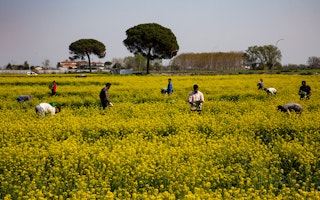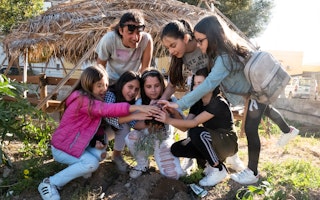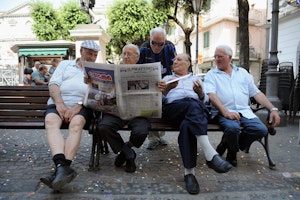Q&A: Using Stories to Build Community
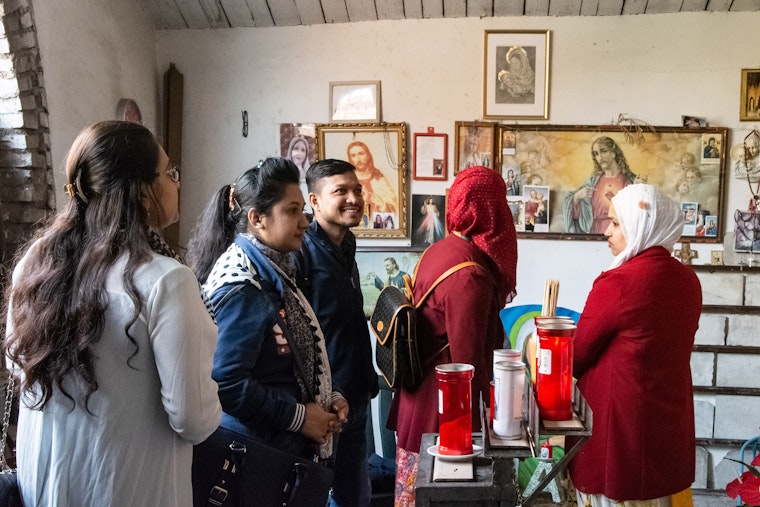
Through culture, people from different backgrounds and experiences can discover what they have in common and establish a strong sense of community. This crucial insight is what motivates the Ecomuseo, a Rome-based organization focused on revitalizing once-neglected neighborhoods by bringing people together. Recently, Giovanna Castagna, senior program specialist with the Open Society Initiative for Europe, spoke with the Ecomuseo’s Claudio Gnessi.
What does the Ecomuseo do?
Ecomuseo [site in Italian] is a group of anthropologists, architects, and academics who carry out research in Rome’s Tor Pignattara neighborhood. Our working tools are dialogue and the active participation of the community. Tor Pignattara is a neighborhood in Rome steeped in history. During World War II, Italians living here played a crucial role in the resistance during the nine months of the Nazi Occupation of Rome.
Today, it is a neighborhood rich in diversity. First- and second-generation migrant communities live in close proximity with elders who knew life under the Italian dictator, Benito Mussolini. We promote dialogue and try to overcome the barriers that keep these communities from getting to know each other. We organize events to promote local cultural heritage, and work to create new models of local development that are sustainable and equitable.
Why are you so focused on Rome’s Tor Pignattara neighborhood?
The story, the narrative, the imagery of Tor Pignattara simply did not exist. There were no studies, movies, stories. Nothing. Tor Pignattara was a void. The complex social, cultural, and historical layers of the territory was a component that risked being lost. The imagery around the neighborhood did not exist and had to be rebuilt.
A neighborhood that does not have a shared soul cannot last; it is like a house without a foundation. It becomes a non-place. Unlivable for those who have always lived there, inhospitable for those who want to build their new home here.
How are you trying to change this?
We believe that these neighborhoods are actually the most vibrant parts of the city. That’s why we hold open-air workshops on culture, coexistence, and dialogue. This is why we work daily to reconstruct the imagery of the places in which we live. Involving long time community members and new arrivals, we bring out how the great history of these places acquires even more value in dialogue with new cultures and traditions.
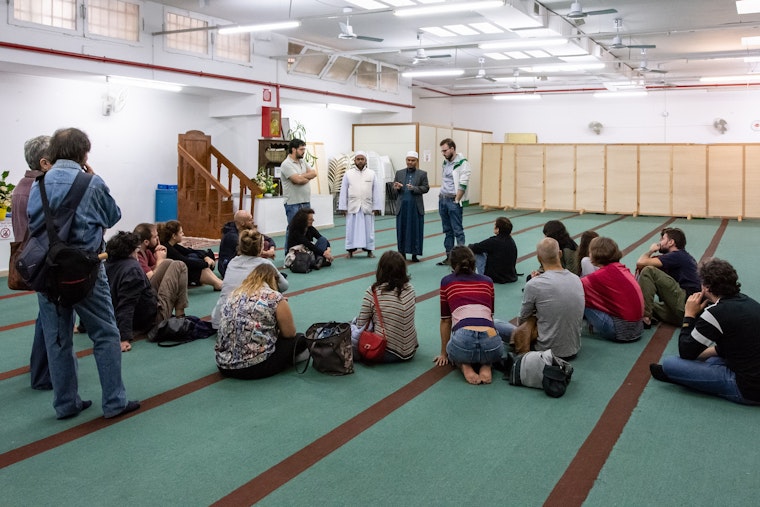
What lessons have you and your teammates learned about what works and what doesn’t?
We’ve learned that it is only possible to influence public policy if you’re willing to make a long-term commitment. You have to dedicate yourself to building strong and trusting relationships in the communities where you work. You have to remember to fight against feelings of discouragement and to avoid the temptation of easy solutions.
What challenges remain?
Many—especially when it comes to including migrants in the broader community. Our goal is to make sure that cultural practices that may have once seemed different are recognized as, in truth, an essential part of the community.
Having 12 mother languages in Tor Pignattara should not be considered unusual but instead be understood as part of the foundation of our community. The differences exist and there are a lot of them—but they can be seen as part of a common heritage. If my son one day tells me “I am Italian and the Durga Puja festival is part of my heritage,” then it will mean that we have reached our goal.
What is the next project for the Ecomuseo in Tor Pignattara?
We are embarking upon a storytelling project at the local mosque. The elderly in our community were wary about this mosque so we are finding ways to bring them together with the migrant community at the mosque to tell their stories. The elderly share their stories of life under Mussolini; the young migrants tell their stories of flight and their reasons for coming to Italy. Through the simple art of storytelling, we hope, they will all come to know and understand each other.
Ecomuseo is a grantee of the Open Society Foundations.
